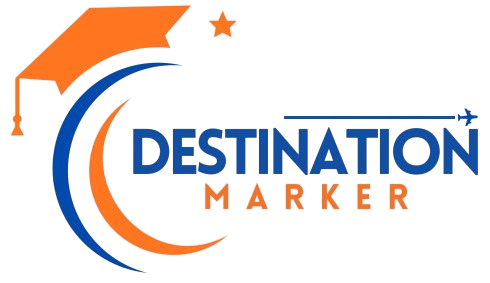
“How to Choose the Right Course for Your Future Career”
Choosing the right course is one of the most important steps in shaping your academic journey and long-term career, and with thousands of programs available globally, the decision can feel overwhelming for many students. The process begins with understanding your personal interests, strengths, abilities, and long-term goals. Students often make the mistake of choosing courses based solely on trends, pressure, or popularity, but a meaningful educational path requires deeper reflection. Start by identifying what subjects you enjoy, what kind of work environment you prefer, and what skills you naturally excel at. Then, explore how these preferences align with global job market trends, emerging industries, and future career opportunities. In 2025, sectors like Artificial Intelligence, Data Science, Healthcare, Engineering, Business Analytics, Sustainability, Cybersecurity, Biotechnology, and Creative Digital Media are rapidly growing, offering high career demands and excellent global prospects.
Once you have a broad idea, research universities that offer specialized programs in your field of interest. Compare curriculum structures, teaching methods, industry partnerships, internship opportunities, accreditation, and graduate employability rates. Many universities also offer flexible learning options, enabling students to combine multiple fields through elective modules, minors, or dual-degree pathways. This flexibility is especially useful for students who wish to explore interdisciplinary careers like tech + business, design + engineering, or health + data analytics. It’s also important to evaluate the location of study, as certain countries specialize in certain industries; for example, the USA is excellent for research and technology, the UK is strong in humanities and business, Canada excels in applied learning and healthcare, and Australia is renowned for engineering and environmental science.
Students should also consider the financial aspect, including tuition fees, living costs, available scholarships, and part-time work opportunities. Speaking with career counselors, attending university webinars, reading course guides, and connecting with graduates can provide valuable real-world insights. Remember, the right course doesn’t only prepare you for a job but equips you with skills, perspectives, and experiences that shape your long-term personal and professional development. Choosing wisely ensures you step into a future that excites you, challenges you, and empowers you to build a rewarding global career.





